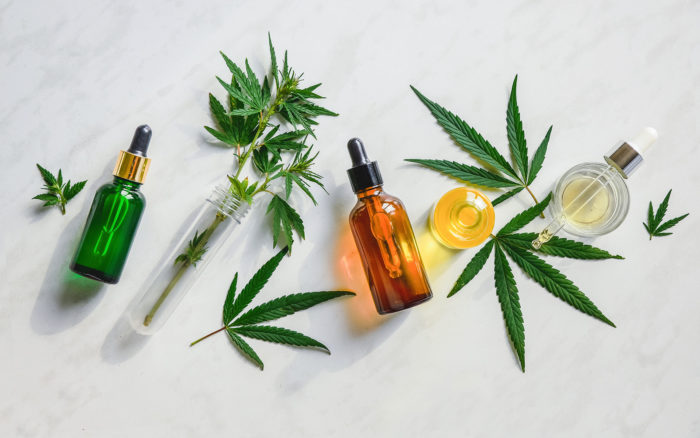
Of all the countries to adopt CBD as a health-promoting substance, India’s relationship with cannabidiol has to be the oldest. In some of India’s most ancient texts, cannabis was described as being a sacred plant that was used in religious rituals, ceremonies, and festivities. However, this relationship with cannabis has completely changed. After years of cultural acceptance, the government finally turned on its history and followed the legislation of its Western peers. Now, India, like many other countries, is at a crucial turning point in terms of the legal restrictions surrounding the cultivation, distribution, and consumption of CBD and other cannabis-derived substances.
In the midst of potential overall cannabis legislation, Indian CBD consumers will have to find ways to navigate this market in a safe, legal, and – ideally – enjoyable way.
The History of CBD in India
Before you begin scouting the market for the highest quality CBD cartridges for sale, it helps to understand the history of CBD; particularly with regards to legalization and production.
The earliest mentions of cannabis appeared in The Vedas between 2000 and 1400 B.C. This predates most of the Western discoveries by entire millennia. According to this sacred Hindu text, it was one of five plants to be considered sacred. There is even mention of its releasing its users from anxiety. This aligned well with Shiva’s association with bhang, an edible mixture derived from several parts of the female cannabis plant. Bhang, of course, is a popular dish that many people consume and prepare across India and the world. Over centuries of familiarity with the plant, other preparations of cannabis started to arise, such as ganja and charas. These are both stronger than bhang and typically smoked to maximize the intensity of the effects. The popularity of these different cannabis products, which were merely recreational in nature, deeply troubled the British government who by the 1890s, occupied much of India.
In the late 19th century, the British government became increasingly concerned with the popularity of India’s cannabis products as well as the threats it may pose to the British population should these customs carry over. To address their concerns about the health effects of cannabis, they commissioned a large scale study. In this study, more than 1,000 British and Indian medical experts were interviewed about the cultivation, preparation, trade, and possible prohibition of cannabis. The commission assigned to the task concluded that suppressing herbal cannabis and its various preparations (such as bhang) was totally unjustifiable and that alcohol was a more harmful substance.
When looking at the results of what is now a one-hundred-year-old study, it is impossible to not point out its modern-day relevance. How did a substance deemed safer than alcohol eventually adopt the dangerous and abusable reputation that it has today? The answer is politics and poor legislation.
Is CBD Legal in India?
In light of recent legislative reforms around cannabis globally, cannabidiol has emerged as a grey product in a very murky market. This can make it extremely difficult and overwhelming for a consumer who is less familiar with CBD, its applications, and its effects. If one is concerned about the legality of a substance, they are generally less likely to partake in its commerce. Fortunately, the CBD market in India may be easier to navigate than one may think.
During the peak of the global war on drugs in the 1980s, the Indian government followed the leaders of the United Kingdom and the United States in their efforts to ban harmful substances. Unfortunately, one of the substances to rank high on the list is marijuana or cannabis.
The Narcotic Drugs and Psychotropic Substances Act (NDPS Act) in 1985 was particularly explicit in its prohibition of the recreational use of cannabis. In fact, under this act, the trade and consumption of cannabis, its resin, and buds is illegal. Anyone found with either charas, ganja, or marijuana could see up to 20 years in prison. But the NDPS Act doesn’t just affect consumers, it also limits producers. Currently, in India, there is a strict ban on cannabis and hemp production for commercial purposes. While there are medical and research exceptions, these opportunities are few and far between.
With all this in mind, CBD is still legal – despite it being a cannabis derived chemical compound. This is because the NDPS Act does not cover the leaves or seeds of the cannabis plant, thereby preventing products of these materials from being labelled as illegal. In order to avoid any run-ins with the law, it is best to confirm that the CBD distributor you are buying from is manufacturing legally under the correct license. If they are, then there should be no risk in obtaining and using CBD products to facilitate a healthy lifestyle.






